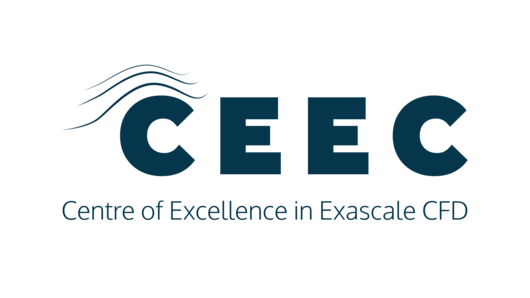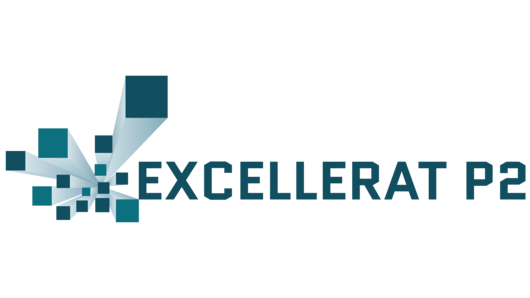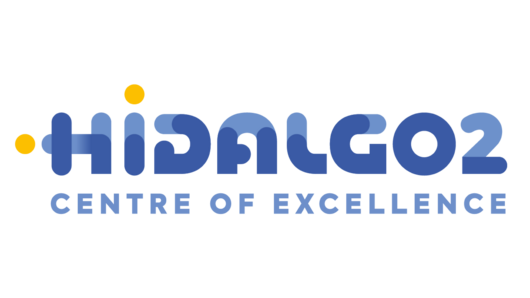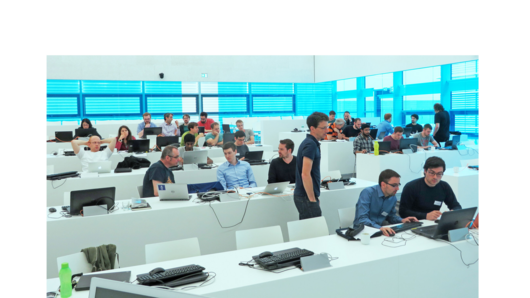High-Performance Computing Center Stuttgart
Advances the convergence of artificial intelligence (AI), cloud, edge, and quantum computing with high-performance computing (HPC). The group's goal is to make HPC more accessible by transforming operational models and promoting seamless workflows across the entire computing spectrum. This integration enables hybrid HPC/AI workflows that combine traditional simulations with AI techniques, including big data, machine learning, and deep learning. Additionally, the department works to lower the barriers to supercomputing and broaden the HPC ecosystem to new users through virtualization technologies like containers, workflow orchestration, and job scheduling. Consequently, we have developed expertise in creating and managing dynamic, scalable federated cloud computing services such as Gaia-X.







